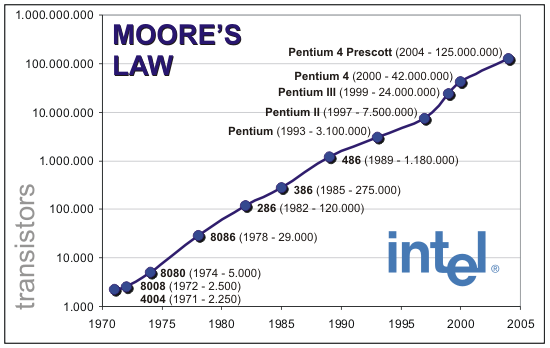
Mr Elon Musk has accomplished so much over the years, and he has failed, too. He was able to provide the general public with wonderful features, including the creation of PayPal, a Solar City, and even the latest Tesla Motors. However, his latest plan may not achieve the same praise as gained from his other tributes.
Musk is currently aiming to create a sector, in which will allow individuals to vacation on Mars by the year 2024. For those with deep pockets, and provided that Musk can accomplish this task, you too can take a trip to Mars – for a small fee of $200,000 USD.
In order to make Musk’s plan become a reality, he needs an investor who will provide an up front $10 billion USD – and possibly more – in order to purchase the rocketry in which normal people don’t understand. This would also cover the infrastructure, as Musk has described during the International Astronautical Congress. When we first saw the debut of SpaceX, Musk proclaimed that the rockets from his company would be 10 times less expensive, with 10 times the reliability, and providing 10 times that of the current flight rate time. This would appear to be, at least, a 1,000 fold improvement if Musk’s rockets worked.
However, this dream never did come true for the young Elon Musk. Musk’s mistake may have been when his sole ambitions appeared to have relied on the traditional values of Silicon Valley’s magical thinking. His ambitions may be pure at heart, but overcoming the hurdle of providing a cheaper way to the stars isn’t so easy. Sadly, Musk does not provide enough evidence of technological improvements, nor does he possess any evidence for the demands in which will add to an outstanding $200,000 trip into space, let alone, to travel the long distance to Mars. Musk’s imagination is appearing to be coming from a “Moore’s Law” point of view, simply put, Mars does not fall into the Moore’s Law realm.
Talking about the technology aspect alone, there are two major issues stemming from Musk’s issue. The first of which is the complexity of the engineering issues. These problems are not able to be solved, nor is the physics involved within this matter. They have only accepted a “work-around” solution. Such solutions regarding complex engineering issues would more often than not, have a type of key performance parameter in which embodies the essence of the solution at hand.

An example of this would be the Moore’s Law. Dating back to 1965, Intel’s co-founder Gordon Moore had in fact, observed that the overall processing power for traditional computers – the number of transistors to an equal cost CPU (Central Processing Unit) – would be able to double in size every two years. This Moore’s Law was born, and ultimately led to an amazing “S-curve,” providing a pretty hefty and persistent exponential growth, in which is also held responsible for the vast growth of future technology.
With the topic of Moore’s Law at hand, we have seen the advancing technology in CPU’s, aircraft, and even the automobile’s growth, slightly better than that of the previous year. As the economics scale lower, the market is able to expand on the technology realm.
These technologies in which Musk is highly knowledgeable in – rockets – are not able to be systematically improved; specifically targeting the number of pounds of thrust that is required for every pound of propellant. That is a major key element in producing any amount of reducing cost, in order to properly access space exploration, one that for the time being, is just not possible.
Sources: SpaceX, Forbes (Elon Musk), Forbes (Gordon Moore).
This article (Elon Musk Acting as Though Mars is like a Moore’s Law Exhibit. It is Not) is a free and open source. You have permission to republish this article under a Creative Commons license with attribution to the author and AnonHQ.





Pretty good point about the possibility of a false analogy between the growth curve of a technology as atomic as the CPU, and something as complex and multifaceted as point to point space travel.
Still, its at the very least a set or series of Moore’s Law curves.
Should he not set his own goals and time limits? Are you concerned mostly about his “lofty” promise?
The thing all these rich buffoons forget is that the core of mars is dead and cannot be revived. It will never sustain an atmosphere, even if you go and try to grow plants on it. You will suffer Radioactive Storms and Solar Rays the likes unseen on earth, because we have an atmosphere and a magneto-sphere that protects us. You also have the dust storms and other threats. Anyone who goes to mars will soon regret their decision.
What I want to know more than is this pipe dream achievable is what Elon knows that we don’t.